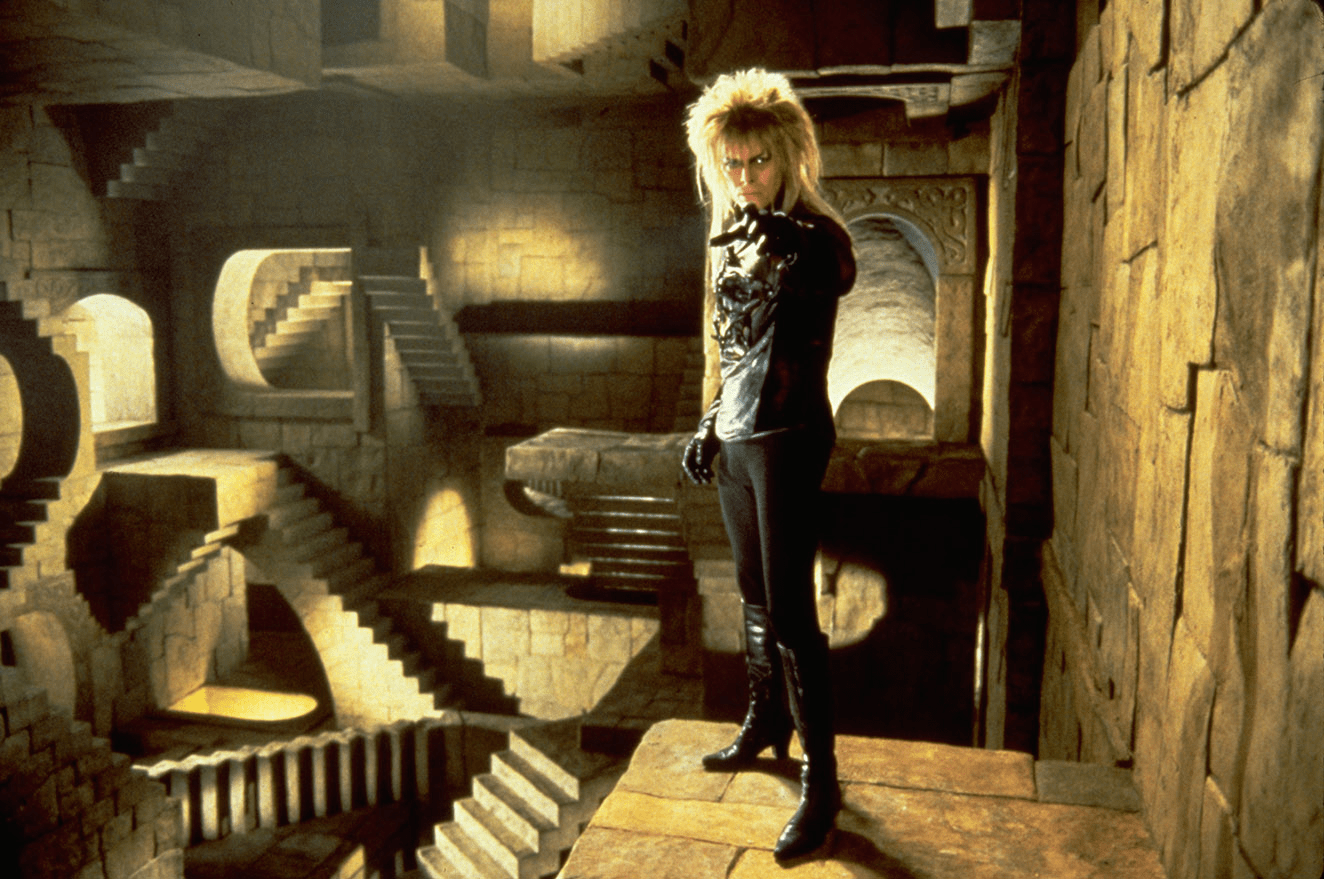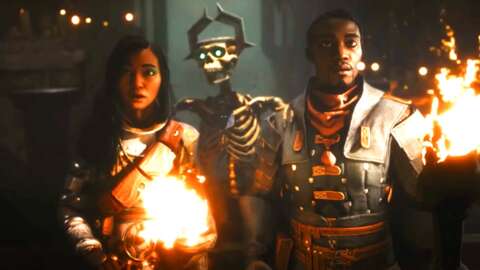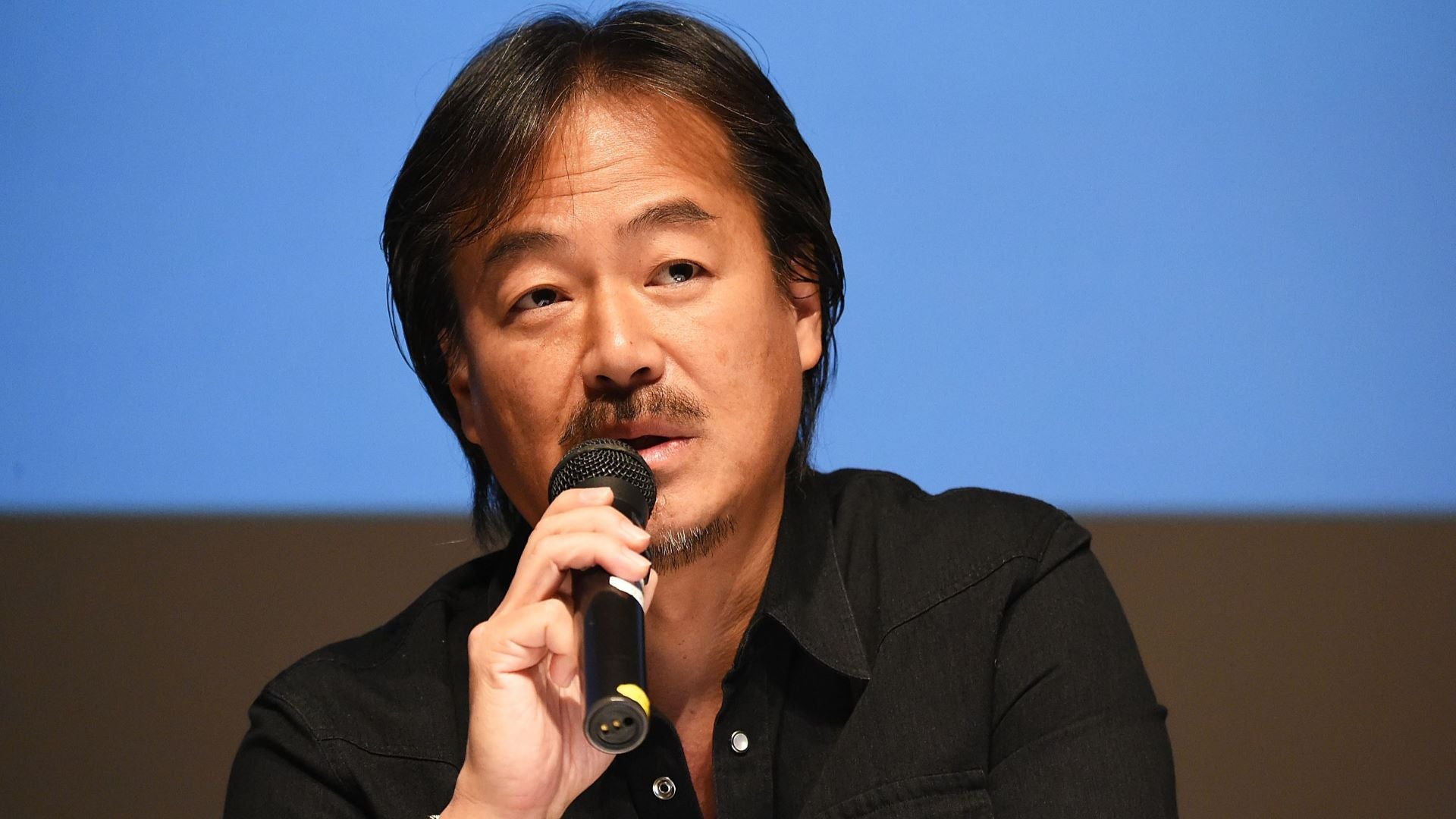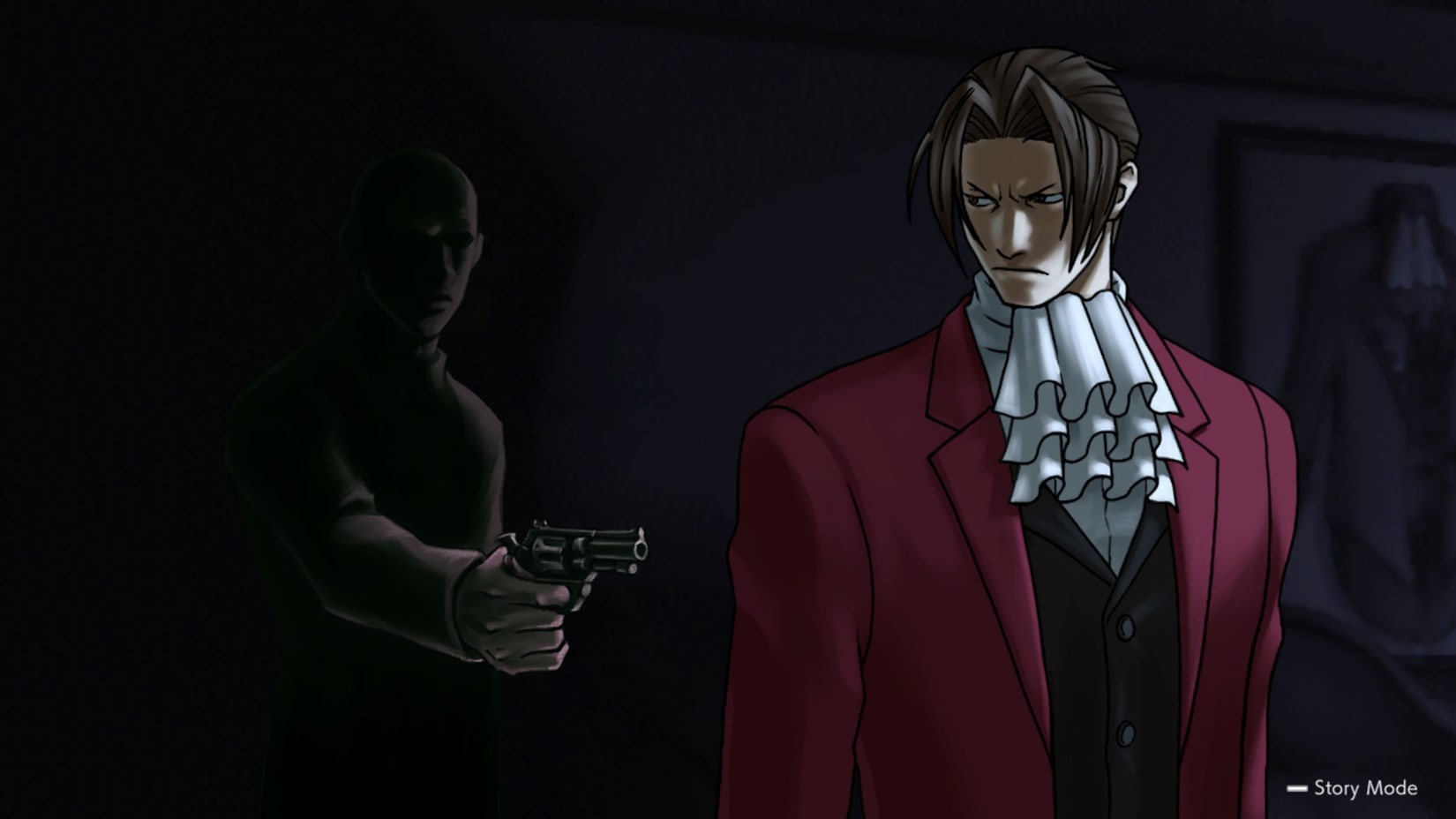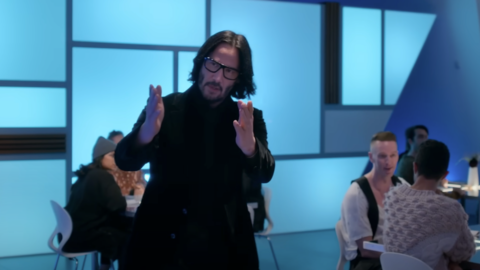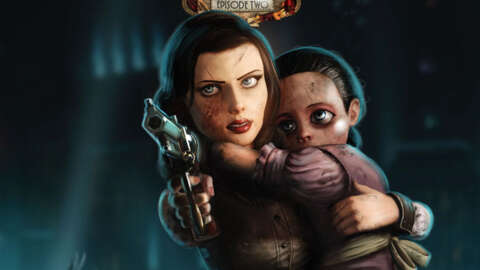Warning: This article contains full spoilers for The Marvels.
The Marvels is now in theaters, and at a time when the Marvel Cinematic Universe is experiencing considerable flux behind the scenes, it’s nice to sit down with an MCU film that’s simply light and entertaining. The Marvels certainly fits that bill, featuring excellent chemistry between Carol Danvers, Monica Rambeau and Kamala Khan and enough decent set pieces to mostly keep the film above water. However, while the amiably goofy tone and breezy pace help the whole experience of The Marvels (review) go down smoothly, the lightweight nature also keeps the film from digging as deep into its characters and their actions as they could have.
The worst example of this? Carol Danvers is revealed to be a genocidal war criminal who is indirectly responsible for the near-destruction of the Kree homeworld of Hala, and the movie gives her a pass for it. Even if the story ends with her reigniting Hala’s sun and saving the planet, the plot structure and character interactions don’t seem to understand how big of a deal Carol’s crime was in the first place. How did this happen? Let’s take a look.
The Marvels: Moving in Fast-Forward
The most basic issue with The Marvels is that the movie feels like it’s on fast-forward. It moves through its story beats and set pieces at such an alarming rate that there is little time for quieter scenes to really take stock and breathe. While the final result still has enough kinetic action and witty banter to pick up the slack, there’s the pervasive sense that a more emotionally rounded film was left behind in the editing room. It’s impossible to say how much the finished product was chopped down in the edit, but given that the final runtime is only 105 minutes (including credits) and most MCU films clock in at over two hours, there seems to be a sizeable chunk of screen time that would be typical for this franchise which simply never materializes here.
The reason this matters is that, outside of a handful of standout sequences, the movie struggles to convey a narrative that adds up to more than plot mechanics and action beats. These tend to be the goofier touches, such as an animated scene based on Kamala’s fan art sketches, a brief diversion to a planet where everyone communicates via song, and a hilarious use of Flerkens (the space cats with the tentacle mouths for those not caught up on their Marvel lore) as part of a last-minute evacuation plan. In these moments, The Marvels becomes its best self because director Nia DaCosta and company are able to create a stylistic personality that feels specific to this film as opposed to the rest of the MCU – a kind of Star Trek by way of Scott Pilgrim energy.
Sadly, that personality is not as consistent as it should be, often just defaulting to a general “Marvel” feel because of the rushed pace and (probable) post-production tinkering. Although the frenetic approach to its storytelling ensures the movie is never boring, it also never allows for genuine introspection on the part of either the filmmakers or the characters. That wouldn’t in itself be an insurmountable problem, except in the case of a story event that necessitated introspection. Unfortunately for a certain Captain Carol Danvers, there most certainly is one.
War Crimes, MCU Style
In an early confrontation, our main villain, Dar-Benn (Zawe Ashton), Supremor of the Kree Empire, refers to Carol Danvers (Brie Larson) as “The Annihilator.” It’s a title that’s brought up several times and clearly makes Carol uncomfortable. It’s only later in the film where we learn that after the events of the first Captain Marvel film, Carol returned to Hala to get her revenge on the Supreme Intelligence, the previous ruler of the Kree, for stealing her memories and turning her into a weapon. She does this by blowing it to smithereens, which is fair enough given how it treated her. But the destruction of the Kree’s leader led to a civil war on Hala that wiped out most of the planet’s resources, and also damaged the sun to the point that Hala no longer has enough water or a breathable atmosphere. She might not have personally obliterated Hala’s sun, but Carol’s revenge is still directly responsible for the near genocide of an entire planet.
Subsequently, the whole plot of The Marvels – Dar-Benn’s campaign for the Quantum Bands, the destruction of the Skrull colony on Tarnax IV, the invasion of Aladna, and the near incursion that is only stopped by Monica Rambeau (Teyonah Parris) stranding herself in another universe – are all consequences of Carol’s actions. Yet they’re never really treated as such, with Dar-Benn succumbing to the typical MCU tendency of giving the villain a sympathetic motivation (she is trying to save her homeworld which Carol inadvertently left on the verge of destruction) but then making them pursue their goals in as murderous a manner as possible. Even then, there’s a flippancy to how Dar-Benn’s plan is portrayed that feels calculated to not draw attention to its consequences beyond the immediate needs to the scene. We don’t actually know how much water she steals from Aladna, and despite her apparently trying to steal Earth’s sun in the finale, it barely appears in the final battle.
Even without accounting for all of these after-effects, Carol would be considered a war criminal and mass murderer by any reasonable metric. And yet, the film never adequately acknowledges this. There’s no indication that any galactic body ever attempted to hold Carol accountable for this crime, Nick Fury (Samuel L. Jackson) doesn’t really bring it up, and neither Monica Rambeau nor Kamala Khan (Iman Vellani) appear all that fazed by the reveal. Monica’s concern is Carol never coming back to see her after leaving at the end of the first film, which Carol now blames on her being emotionally compromised by the incident. The fact that she nearly destroyed a planet doesn’t change her relationship with either of her fellow Marvels. Bizarrely, this unravels what should have been the most slam-dunk character relationship in the film: Carol and her fangirl sidekick, Kamala Khan.
Hero Worship: The Kamala Factor
Not dealing with the ethical fallout of Carol destroying Hala is a particularly egregious choice when it comes to Kamala because a huge part of her characterization hinges on her hero worship of Carol. Kamala’s entire personality and her superhero identity of Ms. Marvel is predicated on her being a Captain Marvel fan and aspiring to a heroic ideal because of Carol’s actions. Learning that Carol doesn’t live up to that ideal should hypothetically be the most dramatic scene in the movie for Kamala and drive a wedge between the two at a time when they need to stand together. Instead, Kamala forgives Carol in what feels like the span of 30 seconds and the movie just keeps on going. Not only does this damage the narrative’s credibility, but it also shortchanges what feels like it was supposed to be the emotional thrust of Kamala’s arc.
During the evacuation of Tarnax, Kamala delays getting on the escape ship to try to save more Skrull civilians. Carol tells her to abandon them, saying it’s more important to “save who we can” than risk themselves trying to save everyone. Kamala is clearly upset by this, and it sets up a dynamic where Kamala loses her starry-eyed nature about who Carol really is. But once the trio of main characters are by themselves again, Carol apologizes for being harsh and Kamala returns right back to worship mode. It’s a regression not just of Kamala’s character but of the movie’s entire dramatic engine, creating a simple heroes versus villains story where none of our heroes are actually challenged in a way that would inspire meaningful change in them beyond something as basic as “and now they’re better at working together.” Functional? Sure. Satisfying? Much less so.
Kamala not wrestling with the weight of Carol’s crimes also guts Carol’s final act of its intended meaning, when she saves Hala’s sun. Instead of following through on Kamala losing faith in her hero and then inspiring her by being the one to push Carol into reigniting Hala’s sun, the script instead assigns Monica that role. Since Monica’s disillusionment with Carol is about personal abandonment and not moral fixation, she can only offer Carol that option in an expository capacity, telling her matter-of-factly that her powers could potentially do that. That it’s framed not as a question of something Carol should or should not do, or something Carol tried to do in the past and failed to, but instead as something Carol never thought of before, trivializes the choice because it’s no longer rooted in character. It therefore doesn’t register as growth for Carol or a refutation of her past self, but just as a plot item to check off before the credits roll.
Ultimately, what keeps The Marvels from being the best film it can be is an unwillingness to risk alienating the audience by stopping to truly grapple with the weight of its characters’ choices. It’s an entertaining enough feature with charismatic leads and fun action, but it sadly never learns that if it truly wants to go higher and further, it should sometimes take things a whole lot slower.
For more on the film, check out The Marvels post-credits and ending explained, hit up our Young Avengers history lesson, or dig in on our X-Men/Binary explainer.
Carlos Morales writes novels, articles and Mass Effect essays. You can follow his fixations on Twitter.
